How do foreclosures happen?
When a homeowner takes out a mortgage, they’re agreeing to pay back not only the amount of the loan, but also any interest that accrues over time. If they miss multiple mortgage payments, it shows the bank that they may not be able to keep up with their end of the bargain. That’s when a foreclosure — the process of the bank repossessing the house — will begin.
What is a short sale? aka Pre-foreclosure
During the reinstatement period, homeowners have some options, including negotiating with their bank and working out a short sale. A short sale is when the mortgage company agrees to accept less money than the current owner owes, which means a buyer could pay well below market value.
Because a short sale is typically less damaging to a person’s credit score than foreclosure, this option can be very appealing to a homeowner who can’t afford their mortgage. But, finding a buyer in any market can be tricky, and convincing a mortgage company to settle for less than they’re owed can be a long, slow process.
Prospective homeowners looking to take advantage of a short sale should also be aware that they’ll likely receive the property “as is” — meaning there could be lots of costly home-improvement projects in their future.
When does a house go up for auction?
Typically, if the owner doesn’t catch up on their loan payments (or go the route of a short sale) within roughly 3 months of notice.
Buying a foreclosed home at auction can be tricky. The minimum bid is set by a foreclosing lender, which means it includes the outstanding loan balance, interest, and additional auction fees. You’ll also likely be expected to have a large chunk of money on hand in order to show you’re serious about the purchase.
Additionally, bidders are not allowed to inspect the property, so in a sense, you’re blindly purchasing a home without knowing what kind of shape it’s in.
A house doesn’t sell at auction — what now?
If the foreclosed home doesn’t sell at auction, the mortgage company becomes the owner, making it a “bank-owned” or “real estate-owned” property. While a foreclosed home may come with a cheaper price tag, it’s not a guarantee and the process of buying one is almost always more cumbersome.
Purchasing a bank-owned home (much like buying a short sale home) can be a long process. When you make an offer on the house, it typically needs to be approved by several shareholders to prove that the bank is getting as much money as they possibly could for the home — which means it’s unlikely that a first offer will be accepted.
Questions about the foreclosure process? Don’t hesitate to reach out to Michael Vargas.


